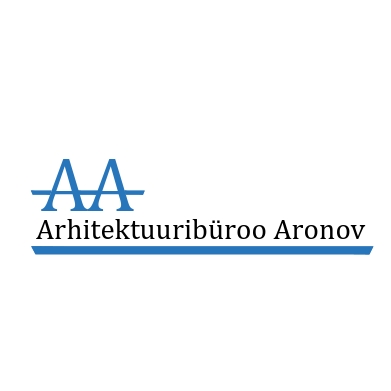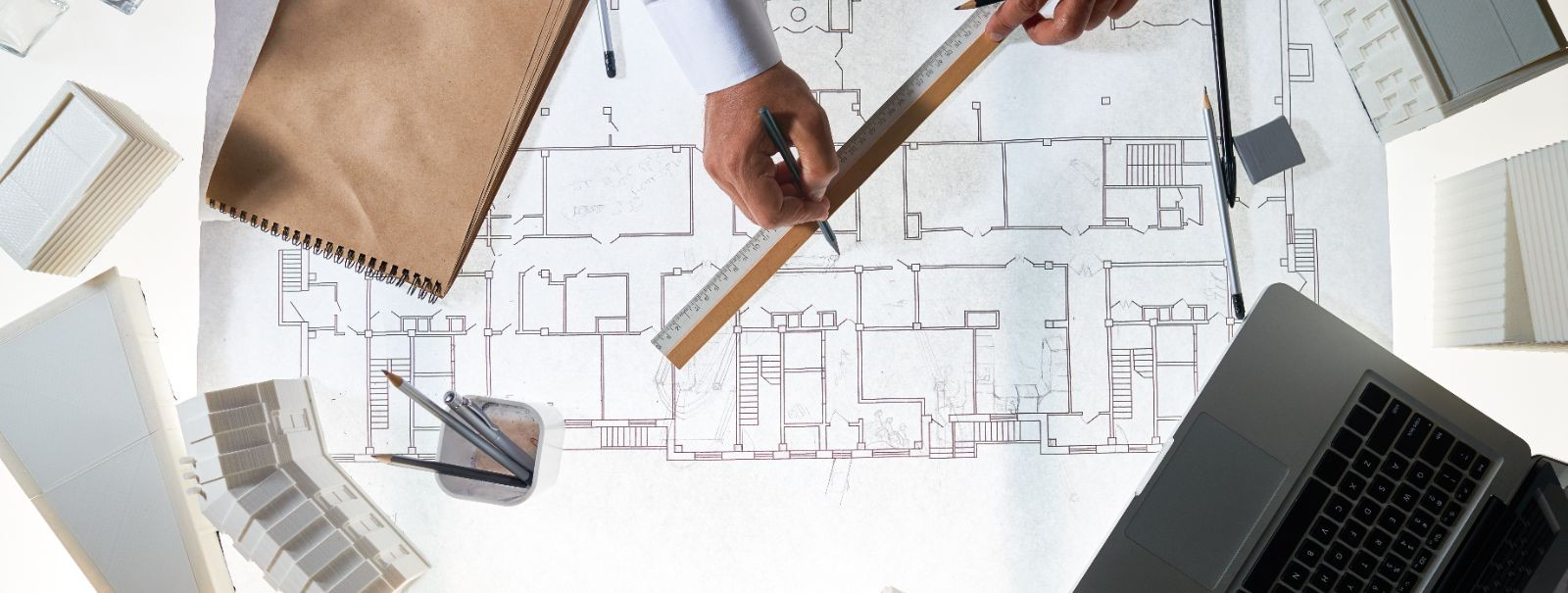The role of technical advice in successful projects
Technical advice encompasses a broad spectrum of expert guidance provided by specialists in various fields, including architecture, engineering, and construction. It is a critical component that influences the feasibility, design, and execution of a project, ensuring that all technical aspects are addressed efficiently and effectively.
From the initial concept to the final touches, technical advice plays a pivotal role throughout the project lifecycle. It provides a foundation for decision-making, helping to align the project's goals with practical and regulatory requirements, and lays the groundwork for a successful outcome.
The Impact of Expert Technical Advice
Expert technical advice is instrumental in creating designs that are not only aesthetically pleasing but also functional and sustainable. It ensures that the project's architecture and engineering solutions are innovative and tailored to the client's needs.
By offering insights into the most cost-effective materials and methods, technical advisors help manage budgets and reduce unnecessary expenditures, contributing to the overall financial health of the project.
Adhering to industry standards and regulations is non-negotiable. Technical advisors are essential in identifying potential risks early on and ensuring compliance with all relevant laws and guidelines, thereby safeguarding the project against future legal and operational issues.
Technical Advice in Action
In the pre-construction phase, technical advisors conduct feasibility studies, site analysis, and environmental assessments to set the stage for a viable project plan.
During construction, they provide ongoing support, overseeing the adherence to technical specifications and quality standards, while also facilitating problem-solving and innovation on the job site.
After construction, technical advice is crucial for final inspections, certifications, and ensuring that the project meets the intended design and functionality criteria.
Choosing the Right Technical Advisors
Selecting advisors with the right qualifications and a proven track record is essential for the success of any project. They bring a wealth of knowledge and experience that can make a significant difference in the outcome.
Technical advisors must have a deep understanding of current industry standards and best practices to guide projects to success while ensuring innovation and sustainability.
The ability to communicate effectively and collaborate with all stakeholders is a key attribute of successful technical advisors, as it ensures that everyone is on the same page and working towards a common goal.






Comments (0)